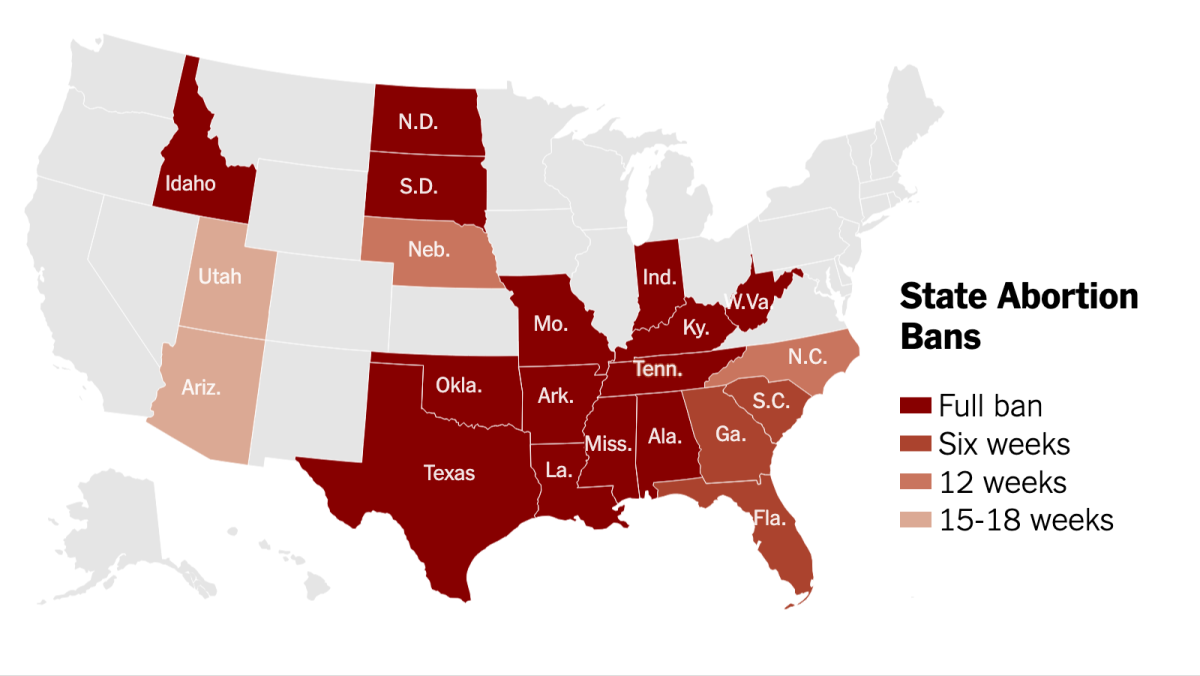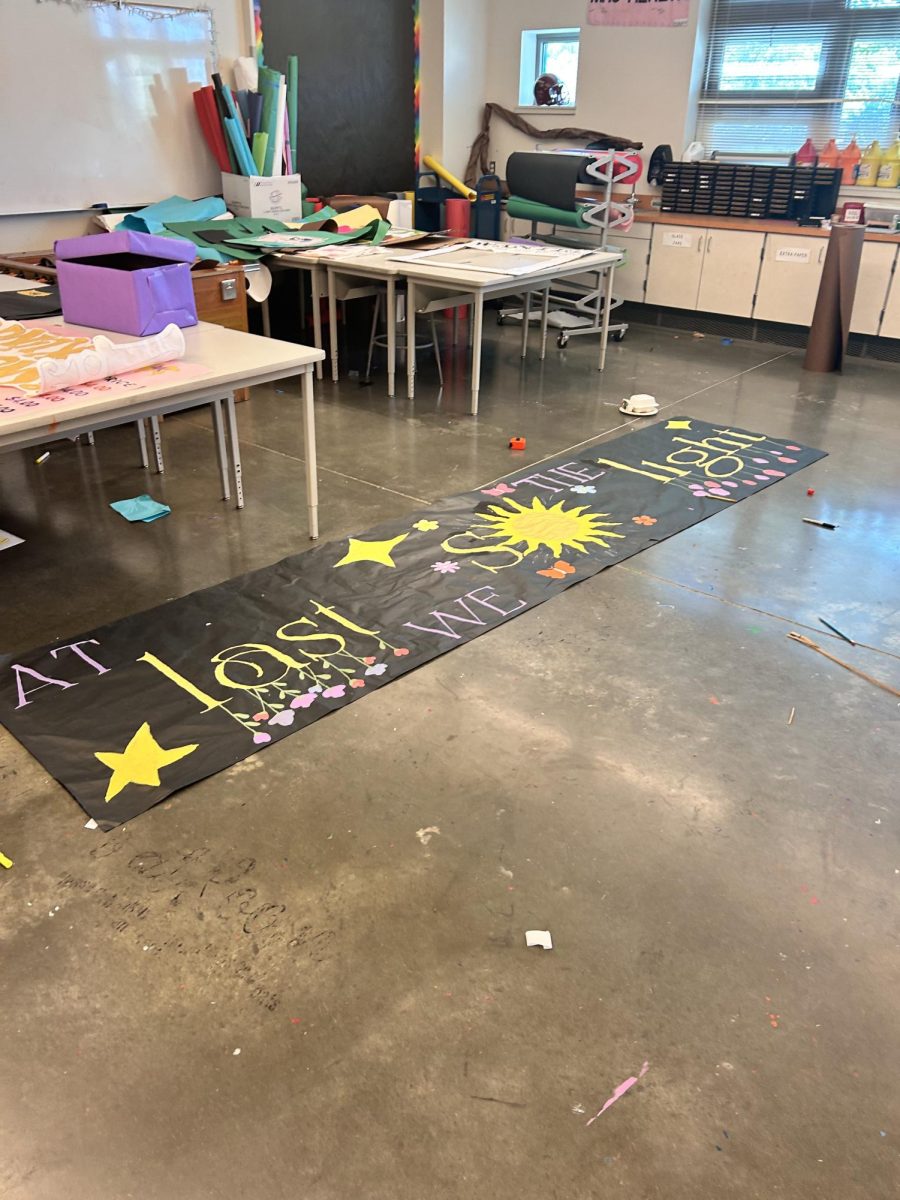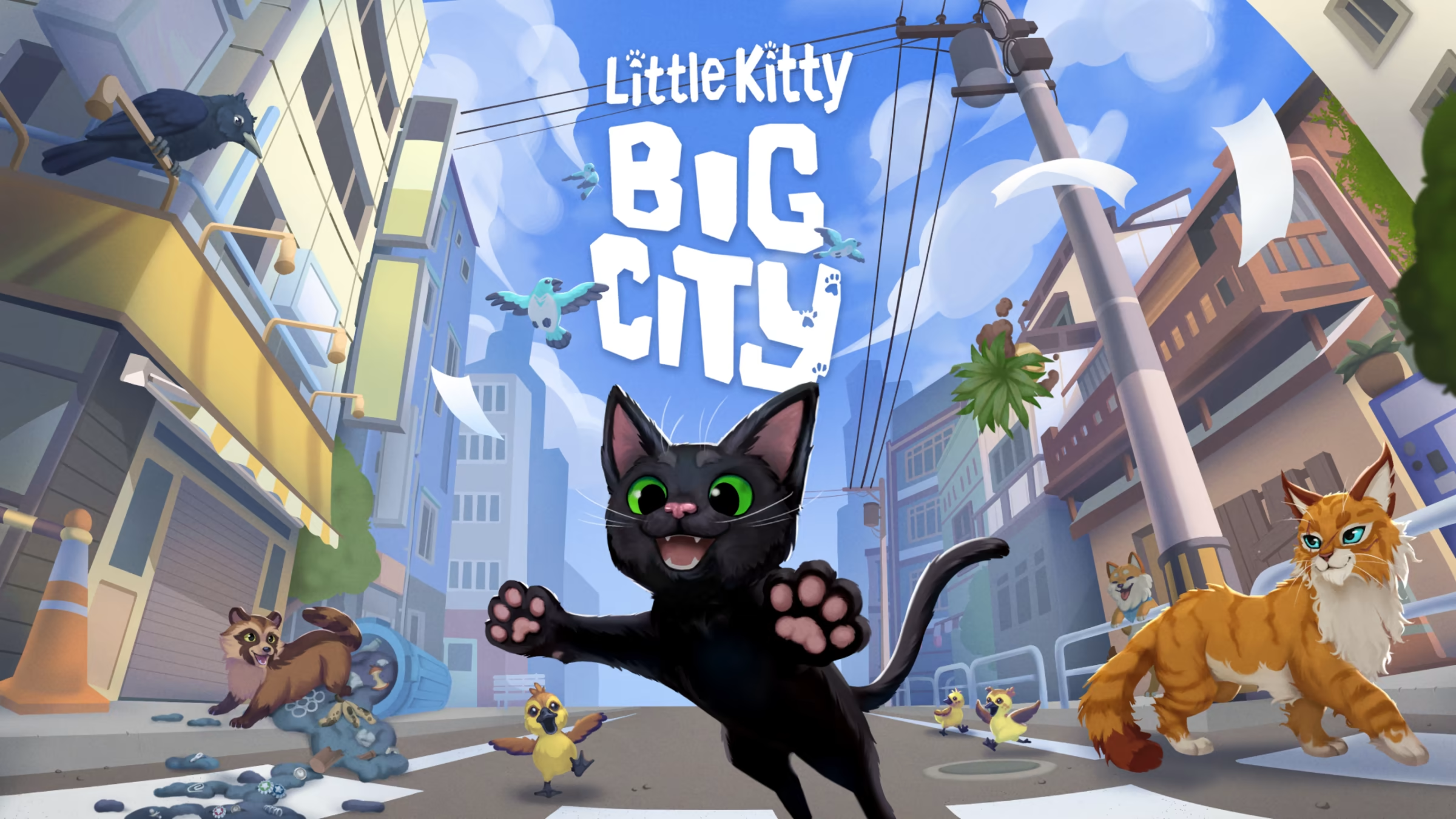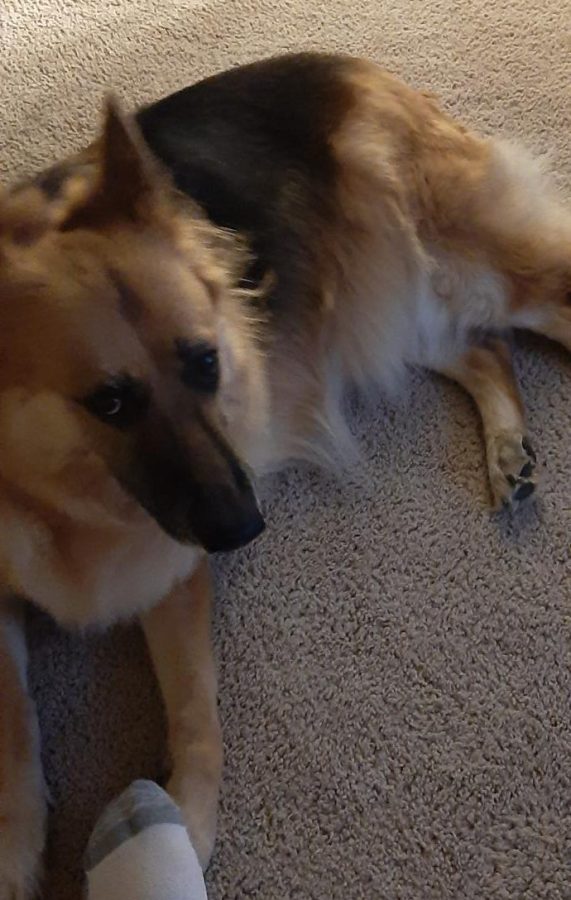How To Healthily Grieve Over A Pet
March 29, 2023
Losing a pet can be very hard, depending on how you react to the death of your dearest beloved. People deal with death very differently, and the range of emotions people could feel about losing a pet, or even a person they love, is very broad. When grieving, it is important to understand your emotions so you can identify the right way for you to grieve while being healthy to your mental and physical health, and to avoid the risk of damage to your social health with your family and friends around you.
The first step you could take to a healthy grieving process is identifying how you’re feeling. When you aren’t completely sure of how you’re feeling, that odd feeling is called shock, which totally is an emotion. There is a system people use to identify how they’re feeling and what they’ll feel next. This is called the “stages” of grief, and these, according to the UW Counseling Center, consist of: shock, denial, anger, bargaining (thinking that if you “change your ways”, your pet or loved one will come back and that their death was a punishment to you), depression, and acceptance. However, these stages aren’t completely accurate because everyone feels emotions differently, for everyone will feel them in a different order, skip stages, or even repeat stages. It’s important to understand how you’re feeling so you can talk to others and avoid bottling up, which will have a bad effect in the long run to your mental health, and it could cause you to finally “explode” at someone for no fair reason.
While you’re dealing with the complex emotions of grief, it’s important to be able to get your mind off of it, but make sure you’re not trying to run away from your issues. You could do this by finding a new hobby, listening to music, joining a sport, finding a good book to read, or spending time with your friends or family. There are so many options for what to do so you could find a healthy way to keep your mind from constantly lingering.
Regardless of how you’re feeling, it is important to be able to communicate to people about how you’re feeling so you don’t have any random breakdowns or explosions from bottling up, which is a common human way of dealing with difficult feelings. Whether the person you talk to is a parent, a friend, a family member, or trusted adult, talking to them is healing your mental health, even if it doesn’t feel like it at the time. However, if someone tries to push uncomfortable questions, or doesn’t respect your boundaries, they might not be the best person to consult.
Another good way to get your emotions out in a healthy way is writing about them. You could get a journal or diary, and then sit down each day (or whenever you feel like you want to write) and get your emotions out on paper. This strategy also isn’t just for dealing with grief; this could also be good to wind down from any general day, whether you’re venting in it or writing about things that made you laugh that day. When you’re done with the journal, you could put it on a shelf, in a box for safekeeping, or you could even burn it if it’s something you really don’t want to look back on.
As your beloved will always live on with you, it is good to get closure, whether or not you want it. Remember, getting closure is not forgetting or leaving behind your loved one, as it is a way of healing yourself from the tragedy of their death. You just need to be able to be open to change, even though it doesn’t always feel right.
Almost three weeks ago, I lost my beautiful dog, Lillith, who was a German Shepherd. We had gotten very close with each other, and she was always there for me when I needed emotional support. Everyday, I would look forward to seeing her when I got home, and she’d already be sitting behind the door by the time I got home. On her tail, there was always this “kink”, and we thought it was caused by someone stepping on it before we adopted her. But, one day, it suddenly popped open and turned into a cancer ulcer, and it turned out that it was a tumor. For me personally, the grieving process was difficult, and in many ways it began while Lillith was still with me. But it turned out to be enlightening at the same time, and taught me how to handle my feelings and to be more expressive about how I’m feeling.





























